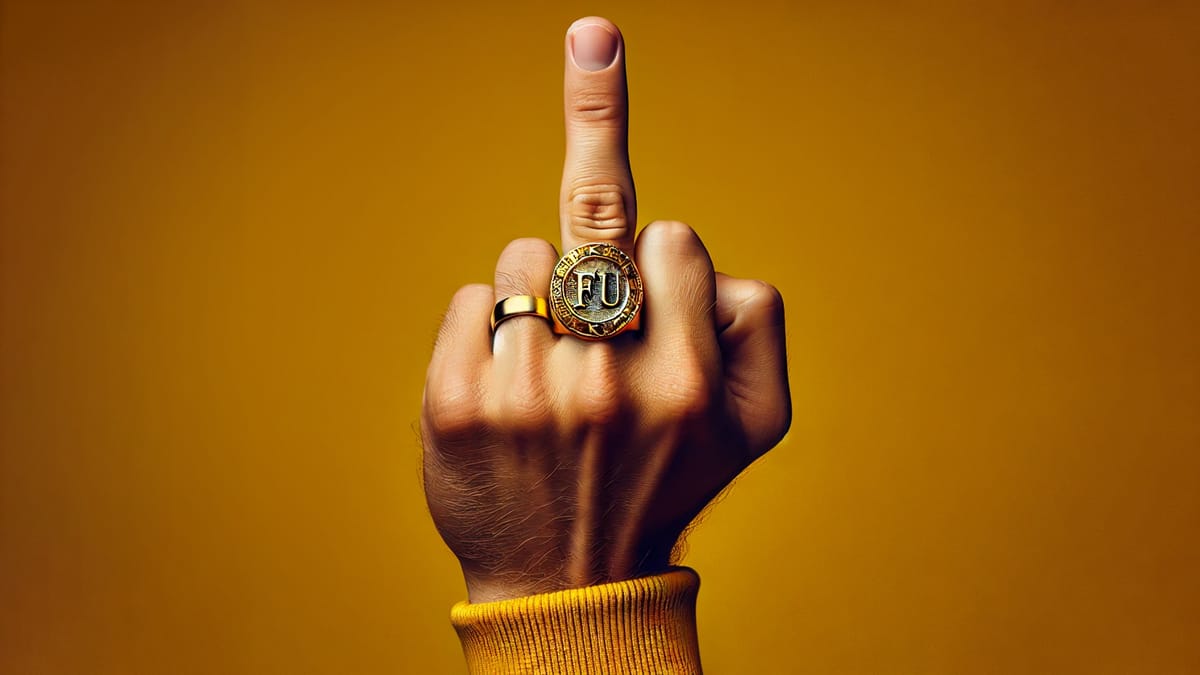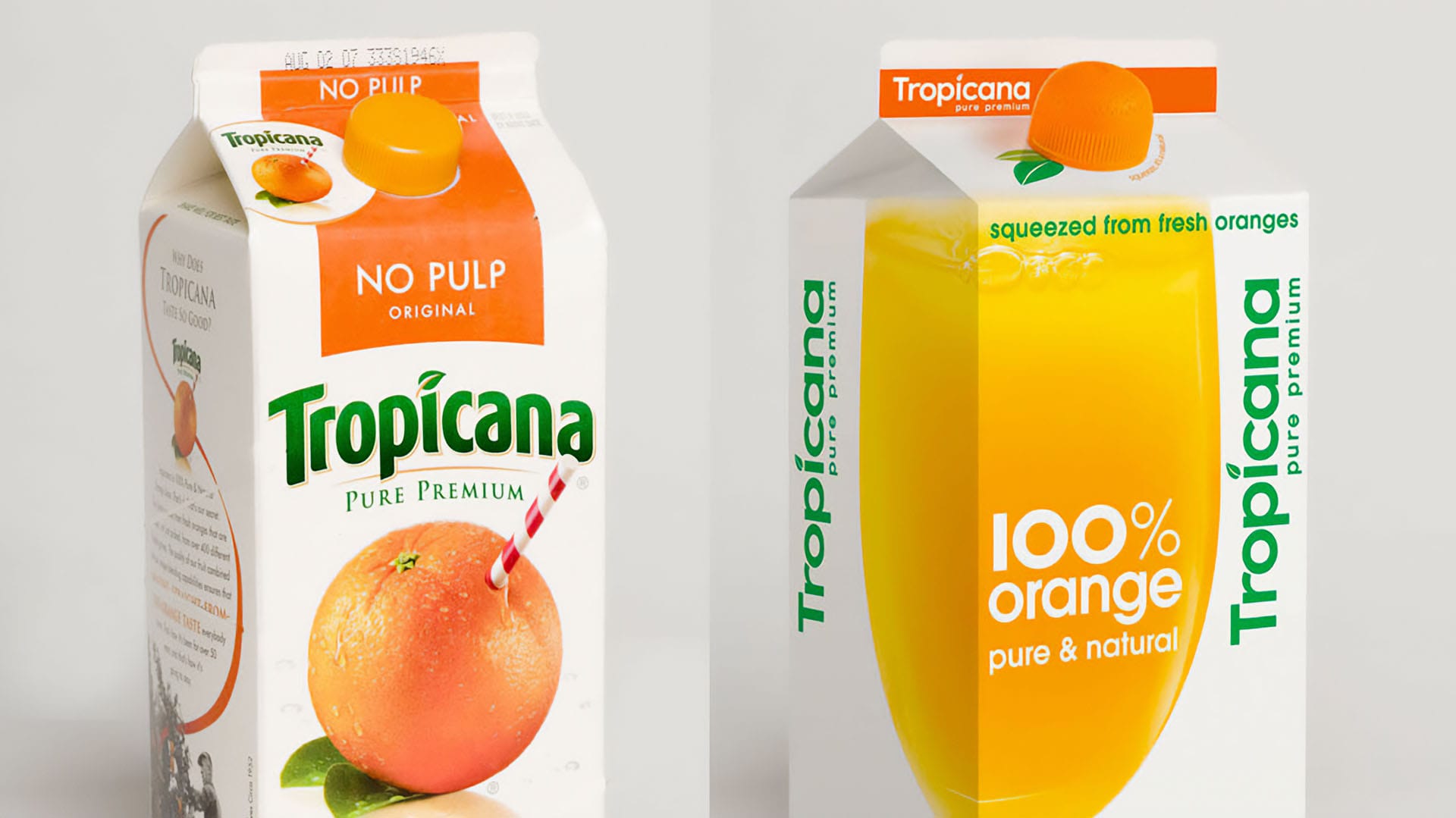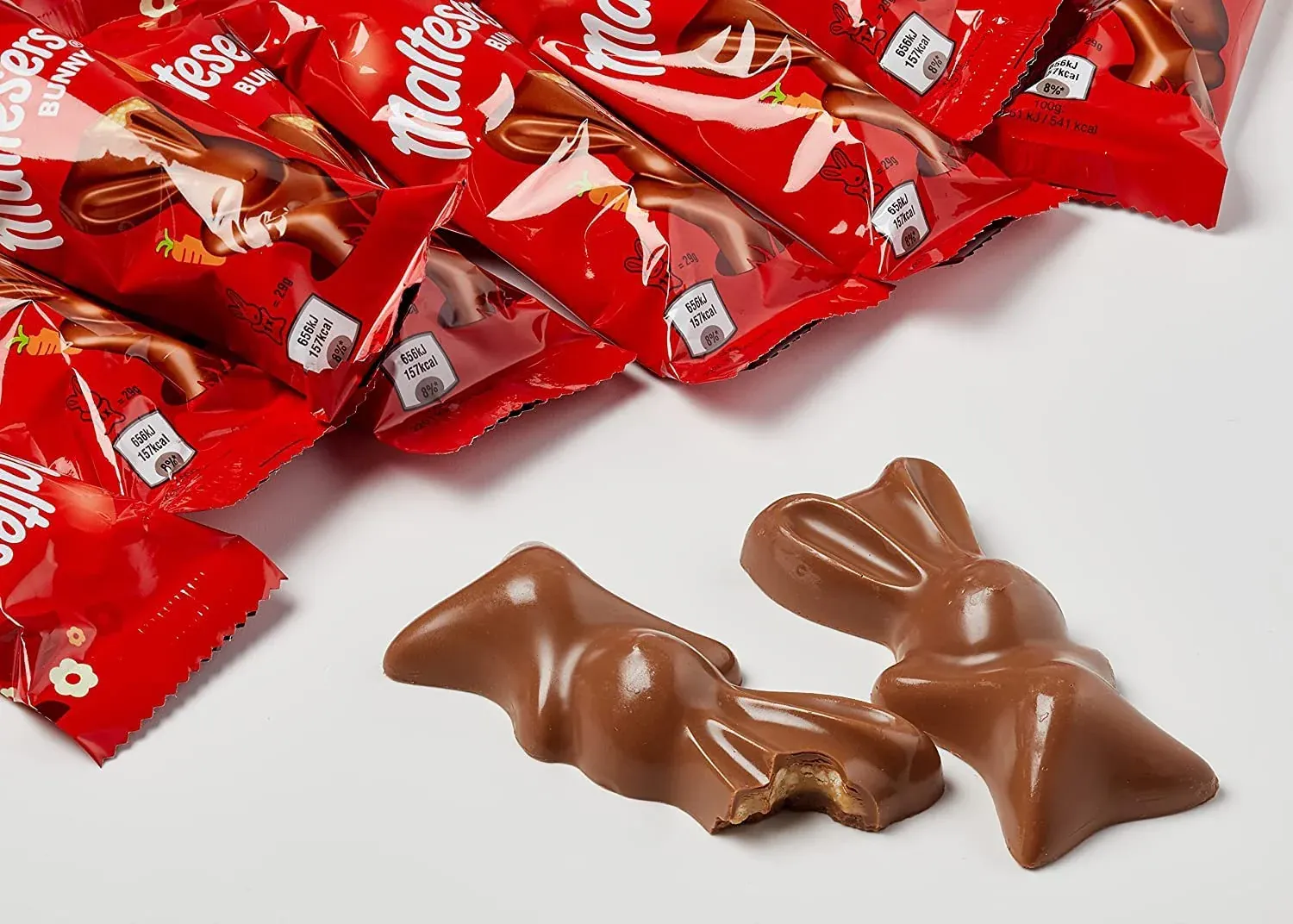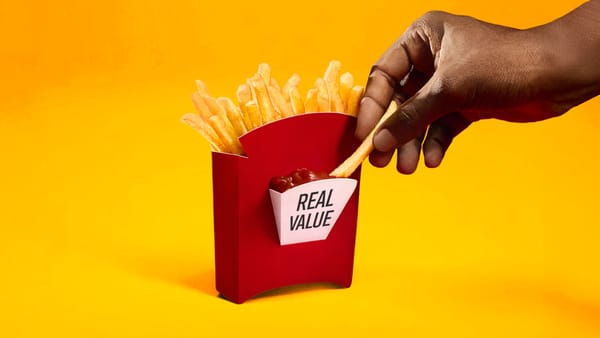UNSTUCK 012: Are your customers f*cking idiots?
Lessons from the Noel Gallagher school of marketing.

Every few months a version of the same post appears in our feeds. We call it the Noel Gallagher school of marketing. The aging rock star, shielded by his Aviators, stares into the camera and confidently proclaims that “99% of customers are f*cking idiots” who “don’t know what they they want” and your job as an artist is to “f*cking give it to them, and they will like it.”
Within minutes, like clockwork, another marketing genius will chime in with a version of Steve Jobs’ quote that “it’s not the customers job to know what they want” closely followed by that Henry Ford classic “if I had asked people what they wanted, they would have said a faster horse.”
A few post likes and shares later the case is closed. We have license to ignore customer insights and move on with our own prophetic visions. Who wouldn’t like to be like Noel, Steve and Henry?
A recipe for failure

Brand history is littered with examples of where consumer ignorance has led to failure, and plenty of sustainable foods are adding to the graveyard. Commonly referred to as “the worst rebrand in history”, Tropicana’s 2008 hiring of Peter Arnell was meant to modernize their brand. Firmly in the customer is a f*cking idiot camp, the design guru promptly went on a meditaive retreat. Upon descending from the mountaintop, he proclaimed the answer was to remove the beloved Tropicana orange from the pack and replace it with an engineered closure that gave the ergonomic sensation of squeezing one instead.
Tropicana's customers called his bullshit and PepsiCo lost $100m in revenue. An expensive mistake some solid consumer understanding could have averted. Coming closer to home, Brave Robot is an example of a brand conceived without caring to know what consumers are looking for when buying ice cream. Welcome to the future? Intelligently delicious? Less doubt, more science? Who cares when you’ve sat down at the couch after a long day and just want to dig into a pint of deliciousness?
As bad as complete consumer ignorance is brand imitation: the assumption that in copying someone you believe is successful, you will be able to emulate that success. New Coke famously reformulated their classic recipe in 1990 after blind taste tests determined that consumers preferred the sweeter taste of Pepsi. A public backlash followed and within three months the original ‘classic’ was back on the shelves.
This is a cautionary tale for every alternative protein company that has research telling them consumers like equally or prefer their product to (insert protein they are looking to imitate). Yes, taste is paramount and consumers need to enjoy your product. But product is only one part of a brand, as Coca-Cola learnt the hard way. Brands like Beyond Meat appear to be struggling with this, exemplified by the recent launch of Beyond Sun Sausage, a wholefood product that isn’t trying to mimic animal meat. It might be a very good product but the problem is: what is the brand actually about? A melange of vegan offerings - some mimicking meat, others not, does not make a brand, however good they might taste.
Do it like the Maltesers bunny

Every now and again, it seems relevant to dig into our personal experience to help make the point. Any good marketer will have a few good failure stories to tell you about. That’s one of the ways we learn so we can then deliver great success.
During her 15-year stint at Mars Inc., Jen was responsible for growing the chocolate business in the UK market at seasonal times - Easter, Halloween and Christmas are key moments in chocolate both for sales as well as brand building when consumer attention and potential for engagement are higher. One place where Mars lagged Cadbury, its key competitor in the UK, was in the sale of Easter treats in the run-up to the holiday weekend. Cadbury dominated with its Creme Egg, and imitating the egg offering in Mars’ brands wasn’t making a dent in Cadbury’s share.
Ask consumers what they want at a superficial level - they say they like chocolate eggs, because that’s what they know. Going deeper in really understanding what they liked about Creme Eggs - they were fun, signaled the Easter season was coming and were a treat, different to their everyday chocolate of choice. Just as important was understanding what they didn’t like so much – Creme Eggs were quite sickly and heavy in a world that was becoming more health conscious.
Enter the Malteaster Bunny. If you don’t know the brand, Maltesers is a major UK chocolate brand with a strong positioning of “the lighter way to enjoy chocolate”. Attempting to deliver the “lighter way to enjoy Easter,” through another chocolate egg didn’t get the brand very far as egg format was deeply associated with Creme Egg and heaviness, nor did it offer anything particularly different to command the attention of consumers. Understanding consumers wanted something fun, representative of Easter but also lighter led to re-thinking the format and the bunny was born, which went onto sell to more consumers every year than the Creme Egg.
Beware of false prophets
As usual, simplistic answers turn out not to be so simple upon a bit of reflection. There’s no evidence that Henry Ford ever said the words attributed to him in the famous horse quote. What there is clear evidence of is that Ford’s market share was decimated by General Motors who came in with Alfred Sloan’s segmented customer-centric approach of “a car for every purse and purpose.”
Likewise, Steve Jobs’ quote is taken out of context. He defined Apple’s job as “figuring out what the customers want before they do.” And, yes, of course they use market research to do this.
Lastly, our friend Noel has also been selectively edited. The source of the clip is a 2012 interview at Coachella where he mostly rants about the impact of technology on music and especially young artists (but f*uck ‘em, it’s their fault because they invented the internet).
In that full interview he goes on to say that “You don’t have to write the songs that you think people want, you can write whatever you like just don’t expect to be successful.”
Maybe we should all subscribe to the school of Noel Gallagher after all.






